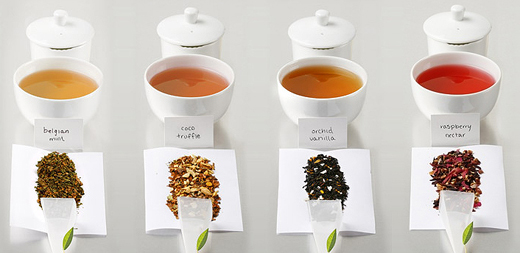
Tea originated in China as a medicinal drink. It was first introduced to Portuguese priests and merchants in China during the 16th century. Drinking tea became popular in Britain during the 17th century. The British introduced it to India, in order to compete with the Chinese monopoly on the product.
Tea has long been promoted for having a variety of positive health benefits. Recent studies suggest that green tea may help reduce the risk of cardiovascular disease and some forms of cancer, promote oral health, reduce blood pressure, help with weight control, improve antibacterial and antivirasic activity, provide protection from solar ultraviolet light, and increase bone mineral density. Green tea is also said to have "anti-fibrotic properties, and neuroprotective power."[10] Additional research is needed to "fully understand its contributions to human health, and advise its regular consumption in Western diets."

Consumption of green tea is associated with a lower risk of diseases that cause functional disability, such as “stroke, cognitive impairment, and osteoporosis” in the elderly.
Tea contains L-theanine, an amino acid whose consumption is mildly associated with a calm but alert and focused, relatively productive (alpha wave-dominant) mental state in humans. This mental state is also common to meditative practice.
The phrase herbal tea usually refers to infusions of fruit or herbs made without the tea plant, such as rosehip tea, chamomile tea, or rooibos tea. Alternative phrases for this are tisane or herbal infusion, both bearing an implied contrast with "tea" as it is construed here.
ไม่มีความคิดเห็น:
แสดงความคิดเห็น